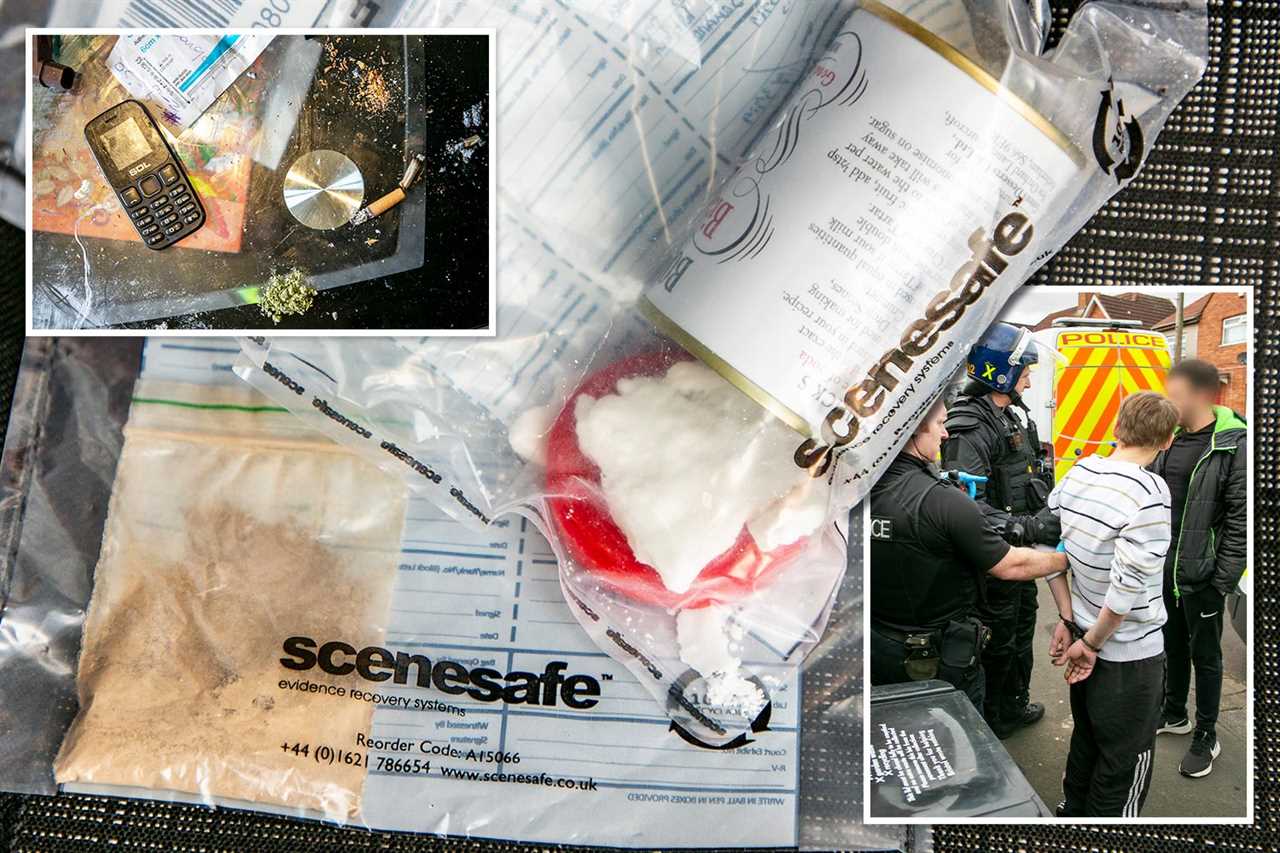A DOCTOR has revealed why men must never turn down a rectal examination by the NHS.
The procedure, which involves a doctor inserting a lubricated finger into the rectum, is a “vital” screening tool for prostate cancer.

The disease is diagnosed in one in eight men in their lifetime, making it the most common form of cancer in males.
March marks Prostate Cancer Awareness Month in the UK.
Dr Jiri Kubes, of the cancer treatment facility the Proton Therapy Center, in Prague, Czech Republic, said men can “bury their head in the sand” when it comes to their health.
He said: “Prostate cancer affects thousands of men in the UK each year and the consequences can be devastating if it is not caught in time.
Read more Men's Health
“Men can often shy away from regular health screenings, whether it’s because they prefer to bury their heads in the sand or because they think ill health happens to other people and not them.
“There is a certain stigma with prostate checks in particular as they involve an intimate examination and the perceived embarrassment can make men avoid this important screening.
“However, this should not be allowed to prevent you from keeping a close eye on your health and ignoring a potential problem certainly does not make it go away.”
Prostate cancer can be tackled effectively if detected early enough.
“I want to urge men to take responsibility for their own health and do the right thing,” Dr Jiri said.
What is the test and will I be offered it?
Men may be offered tests for prostate cancer if they have risk factors, including being over the age of 50, black ethnicity, or family history of the disease.
They can also ask their GP themselves, if they are concerned about their risk or symptoms, which include needing to urinate more, erection difficulties and back pain.
There is no single test that is able to identify prostate cancer, as a number can be used by the GP to investigate.
One of these is a physical examination of the prostate, known as a digital rectal examination, or DRE.
The prostate is a walnut-sized gland that sits just below the bladder and in front of the rectum.
Therefore, an examination of the prostate is a little hands on.
It involves the doctor inserting a gloved, lubricated finger into the rectum to examine the prostate.
Dr Jiri said: “The doctor will check for the size, shape and texture of the prostate to determine if there might be a tumour.”
He said although the idea of the exam is “daunting”, it is vital and men should never feel embarrassed with their doctor.
“The idea of a digital exam inside the rectum is often one of the parts that puts men off being screened, but it’s a vital check,” said Dr Jiri.
“Men can sometimes be reluctant to seek medical health with a variety of issues, but the intimacy of a prostate exam can make it particularly daunting.
“However, doctors assure patients that there is nothing to feel uncomfortable about and that they conduct these tests on men every day without embarrassment.
“Doctors are highly trained to deal with these situations and they have seen it all before.”
Another test used is the PSA test, which measures levels of prostate-specific antigen (PSA) in the blood.
A raised PSA level may suggest you have a problem with your prostate, but it is not fool-proof.
It’s normal to have some amount of PSA in the blood anyway, and it can rise due to a number of things.
Some 65 per cent of blokes with raised PSA levels don’t have cancer, while 15 per cent of those with tumours get a false negative.
A combination of a PSA test, the results of a physical examination and a patient’s risk factors will help a GP decide whether to send them for more rigorous tests.
Dr Jiri said: “A PSA test will give the doctor a better insight into the possible presence of prostate cancer, but examining it with a finger means the doctor will be able to confirm their suspicion.”
More than 47,500 men get told they have prostate cancer every year.
Every 45 minutes, a man dies from the disease – that’s more than 11,500 men every year.
Dr Jiri said: “If prostate cancer is detected, the doctor will explain the range of treatment options available to you and the next steps in your treatment plan.
“A diagnosis of prostate cancer does not necessarily mean a death sentence and early detection often leads to successful treatment.”
Read More on Trending In The News
The earlier a tumour is found, the better chance a man has of recovery.
So swat up on the signs, and never avoid an examination.










